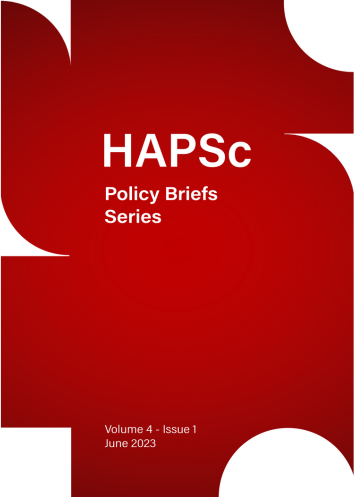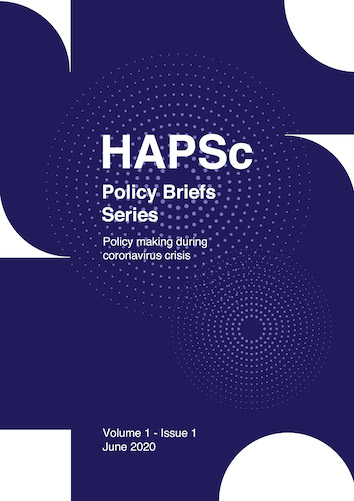The New Space Race: Between the Great Powers of our Era
Abstract
This paper focuses on Space as the relatively new domain of the strategic rivalry between the two greatest powers of modern era, the United States and China. The rise of China during the last decades has had compelling consequences in the international system/order, which is led by the United States, especially since the collapse of the USSR and the end of the Cold War. China’s ambitions know no limits, and the country competes with the US in every domain including trade, politics, economic, military, and especially technology. The paper highlights the fact that the New Space Race (NSR) is primarily a technological competition which eventually can and will affect everyone on this planet. In this regard, the NSR has two main facets: space exploration and the weaponization of Space. The former refers to deep space exploration mainly to a manned mission on Mars, as the red planet is the ultimate prize, and the return of humans to the Moon. The latter refers to the development of sophisticated weapon systems and respectively defensive systems which can either threat or protect the great powers from competitors. In this NSR, each side has its comparative advantages, China cooperates with Russia; however, the US is leading the way because it has the advanced private space industry and more years of experience in space exploration than China, which is struggling to catch up. Undoubtedly, the NSR has already begun but it will take more years to be fully develop, leading the great powers, and their allies, to the edge of technology as they try to dominate in the last frontier for mankind.
Article Details
- Come citare
-
Zanidis, T. (2023). The New Space Race: Between the Great Powers of our Era. HAPSc Policy Briefs Series, 4(1), 88–94. https://doi.org/10.12681/hapscpbs.35187
- Sezione
- Articles

TQuesto lavoro è fornito con la licenza Creative Commons Attribuzione 4.0 Internazionale.
Authors retain copyright and grant the journal right of first publication with the work simultaneously licensed under a Creative Commons Attribution License that allows others to share the work with an acknowledgement of the work's authorship and initial publication in this journal.



